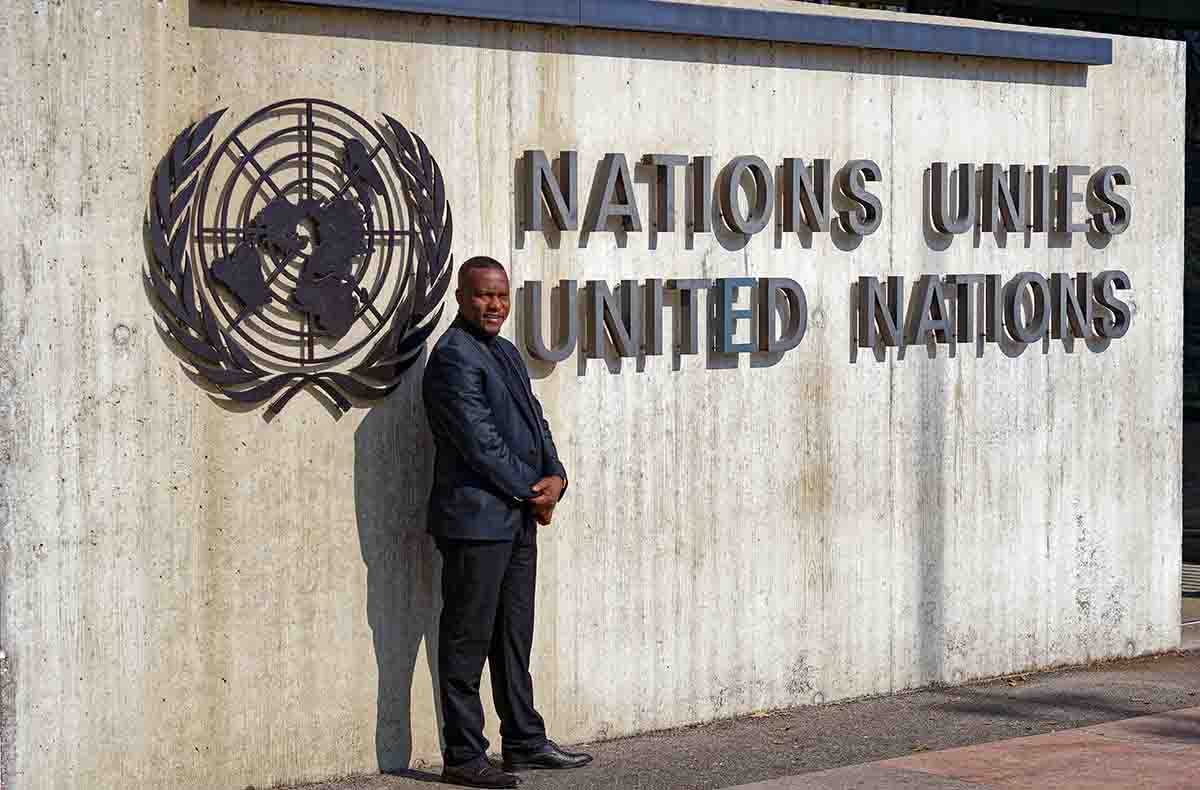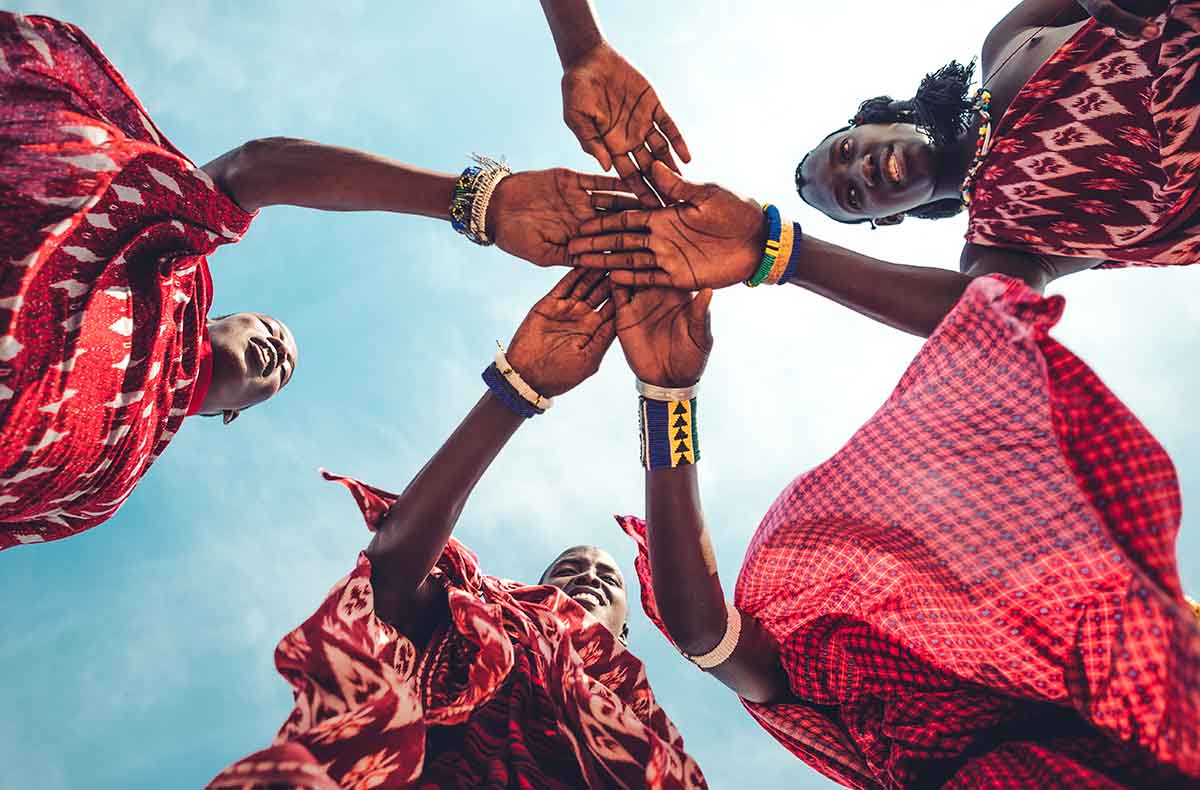
With over 3000 ethnic groups in Africa, the continent is largely ethnicized, with many tribes in different countries that speak different languages and have dynamic cultures, beliefs, and traditions. The peculiarity of the various tribes and ethnic groups makes them unique and distinct from each other, providing a sense of belonging to their members because of shared language, rituals, and traditions. Many of these tribes existed for centuries before becoming part of a country, as they were fully established independent entities, providing diversity to the country and thriving on their own.
Over the years, tribalism emanating from these various tribes has influenced leadership and politics, led to insurgencies, affected the growth and development of countries, and continues to be a major deciding factor in the leadership and progress of many African countries. The Rwandan genocide and the Nigerian Civil War are key incidences resulting from tribal conflicts that have affected the growth and development of Nigeria and Rwanda and the consequences of which they still grapple with to date. The question remains: How did they get here?
Before colonialism, although there were reports of tribal clashes over land and territories, the absence of civilization and modern knowledge of warfare limited these clashes, and they were not as calamitous as modern versions have been. Perhaps they might have remained that way if not for the incursion of colonialists. European nations colonized many African countries. Britain colonized Nigeria, Germany colonized Rwanda, and France colonized Cameroon. The list goes on. The bias and subtle discord created by the selfish policies of colonialists formed the genesis of unhealthy tribalism, which has spread its wings and birthed fundamental problems in these countries.
Many colonized countries have often said that the various ethnic groups that constitute the country should not have been brought together to create a nation. This results from these groups’ varying traditions, cultures, and belief systems. However, the coming together of these groups to form a country benefited colonialism because it meant more territories, resources, and revenue were generated. Certain tribes were regarded as prosperous, had viable resources, and were much more akin and open to civilization than others. The colonialists perched their tents in such areas as they found it easier to relate to the people and execute their plans.
These areas experienced civilization and development faster than other regions. A typical example is Lagos, a state of the Yoruba tribe in Nigeria, which was made a colony of Britain and the center for cosmopolitan trading. This accelerated the progress of Lagos, such that even after colonialism, Lagos remains a pivotal state in Nigeria today. The development of Lagos also affected the growth and advancement of other Yoruba states in terms of infrastructure, education, and civilization, and to date, the Yoruba tribe is regarded as the most educated tribe in Nigeria.
In Rwanda, the German colonialists also favored the Tutsi over the Hutu and gave them administrative roles, granting them an edge. It was a result of the colonialist bias that the Tutsi were racially superior because they were believed to have emigrated from Ethiopia.
From the aforementioned, it can be deduced that colonialism engendered an uneven distribution of resources among the different locations of each tribe, which led to unequal progress among the various regions. As the years went by, this bred resentment among the people. As a result of this uneven wealth distribution, class lines were drawn among various tribes. The Tutsi in Rwanda were more prosperous and powerful than the Hutu, and so were the Yoruba of Nigeria due to the advancement in their regions. These class lines continued to exist even after colonialism was abolished and had riveting effects in these countries over the years.
As the years rolled by, the class differences engendered by colonialism gave some tribes the upper hand, making them key players in politics and rulership. This became apparent in the leadership of these countries. In Rwanda, the Hutu rose up in violence against the Tutsi, leading to a buildup of disasters before the catastrophic Rwandan genocide. In Nigeria, a civil war broke out, which led to unprecedented brutal violence against the Igbo as a result of their attempted secession.
These vicious wars led to economic setbacks and stagnation, which placed these countries at the rear end of development. Although they were eventually quelled, the aftermath of these wars crafted and molded new behaviors and responses from the people of different tribes. For instance, the concept of intertribal marriage was strongly frowned upon, and people were encouraged to marry from within their own tribes to strengthen ethnic bonds and loyalty.
Tribalism was stronger than ever, and snooty remarks and condescending jokes about various tribes became a norm, with each tribe having a superiority complex that was passed down through socialization. Children from these tribes grew up harboring grievances without any knowledge of the roots of such contentions. All of this became normal, and all tribes learned to coexist despite underlying resentment. As much as tribalism spun the fabric of society, the people had learned to live with it, and there appeared to be a semblance of normalcy once again. Or so it seemed.
The consequences still reverberate in Nigerian politics. In recent Nigerian elections, tribalism was rampant as candidates from different tribes contested the presidency. The traditional power oscillation between the North and South marginalized the East, but an Eastern candidate’s strong campaign challenged the status quo, leading to ethnic and tribalistic cynicism fueled by social media and culminating in violence.
Tribalism in Nigeria is no longer subtle, impacting every aspect of life, from politics to friendships, marriages, and business relations. The fear of war looms, as ethnic hate is a silent determinant of people’s every move. Colonialism’s legacy and corrupt leadership amplified tribalism and uneven wealth distribution, perpetuating the problem.
The charade of unity and oneness has continued for decades in these countries. In Nigeria, despite conflicts rising here and there, none of them have threatened the nation’s existence, like the civil war. Even with a terrorist organization like Boko Haram, which has ravaged the North for years, the country still stands strong. Rwanda also appears to have moved on. Although there were pockets of conflicts after the genocide, the country seems to be taking steps to move on from its past and focus on building a better political system. What strikes me as odd is the constant clamoring for the unity of these countries by their leaders when it is obvious that tribal differences will always lead to conflict.
I believe colonialism brought these various tribes together as a country, and it’s quite obvious that coexisting with all the deep-rooted conflicts and violence that have taken place in the past might be a problem. Since the colonial powers are long gone, why not give them the opportunity to secede and exist on their own? Perhaps the leadership of these countries strongly frowns upon this for selfish reasons.
The fusion of tribes to form a country brings resources that make up a nation’s economy, generating revenue that often comprises the bulk of its earnings. Before the fall of the oil market, Nigeria relied heavily on oil exports for revenue, but political leaders embezzled much of the revenue, impoverishing oil-producing states and lining their pockets. If those states secede, Nigeria would lose the sector’s revenue, and corrupt leaders would no longer have a foothold.
However, if the oil-producing tribes secede, their lack of infrastructure, facilities, and educational systems would hamper their ability to thrive. Uneven resource distribution in Nigeria stems from colonialism and corrupt leadership, with oil-producing states at a disadvantage. Rising tensions in Nigeria reflect the fragility of its unity, with tribalism and ethnic hatred exposed and normalized, challenging the concept of one Nigeria.
In advocating for the inclusion of all tribes in politics and equal distribution of resources, a long-term solution is needed. A workable solution is to allow each tribe to make its own choice, with some not yet able to thrive on their own. New alliances will form on new terms, with mutual benefits, and not through cohesion like in their former country.
The African man is loyal to his ethnic tribe, which forms the basis of his socialization and self-realization. Existing as individual countries with shared values, language, and culture is a better fit for African societies. Societal problems and complexities are better resolved with people who share a common identity.

